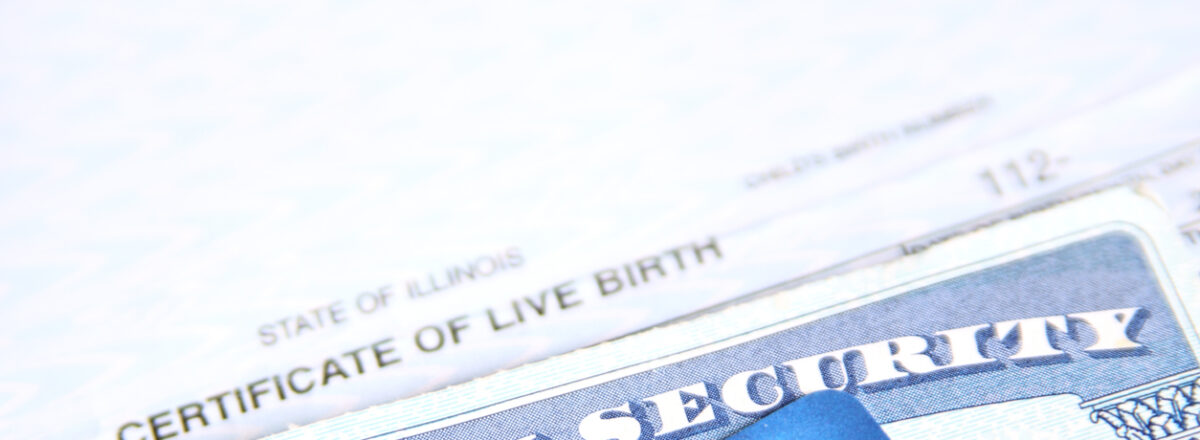Insights for Executors: Identity Protection


Executing the will and affairs of a deceased loved one has always been challenging—and cyber crime is making it even more so. Attention to digital accounts, assets and passwords is increasingly important, as is preventing identity theft—or even having to report it. Here is expert advice on curtailing identity theft of the deceased.
Zombie Identities?
Apparently, even death is no match for cyber criminals: there’s an uptick in using the identities of the deceased to commit acts of fraud, which of course wreaks havoc for families—and executors. As Christopher Pinion, manager of fraud management practice at LexisNexis Risk Solutions explains to The Street : “Fraudsters are creating “zombie identities,” and the theft occurs often quickly afterwards by focusing on retailers, health care and insurance companies, government agencies and financial institutions to find victims…”
Because executors have legal authority to act on behalf of the deceased, the Identity Theft Resource Center urges proactive communication with institutions and businesses where loved ones had accounts. As the Center explains::
You will need to provide proof of your authority when contacting the appropriate entities. Obtain 12-15 copies of the official death certificate to use when notifying various companies of the death of an account holder (you may need less or more depending on the number of accounts held by the deceased). Examples of appropriate parties to notify for identity theft of deceased include:
- Social Security Administration
- Credit Reporting Agencies
- Department of Motor Vehicles
- Financial Institutions
- Creditors/Lenders
- Insurance Companies (auto, health, life, etc.)
- Membership Programs (public library, fitness club, etc.)
- Email/Social Media Companies
Legal Responsibilities
It is important for executors to remember that they are fiduciaries, and as such are legally responsible for protecting the interests of the estate and beneficiaries. That’s why fiduciary bonds, such as executor bonds can be helpful—and are sometimes even required. Essentially, the bond guarantees that the executor will carry out all duties in accordance with the law. Colonial Surety is here to help executors in any state quickly obtain their required bonds—and avoid probate delays. At Colonial, the steps to obtaining executor and other bonds are quick and easy: get a quote online, fill out the information, and enter the payment method. Instantly print or e-file the bond right from anywhere—even probate court. Obtain Executor Bonds Here.
Reporting Identity Theft of the Deceased
The Identity Theft Resource Center explains that stolen identities of the deceased are used to perpetrate a variety of fraudulent actions. Applying for and running up credit card accounts, receiving government benefits or tax refunds and securing medical services are all examples of how identities are leveraged by fraudsters.
As an executor, if you believe identity theft of the deceased has occurred, you do have the authority to report it. Regardless of the type of fraud involved, the Identity Theft Resource Center explains that the first step is to file an Identity Theft Report with the Federal Trade Commission. After doing so, you will receive guidance on a recovery plan.
Helpful To Know: Letter of Testamentary?
Though the process differs a little bit in each state, generally, executors begin their duties by filing the death certificate with an original copy of the will in probate court. A letter of testamentary is then issued, which officially recognizes the executor, enabling actions to be take on behalf of the estate. As cybercrime increasingly threatens the identities, data and assets of both the living and the dead, it’s important for executors to attend carefully to the digital accounts of the deceased. This guidance on the executor’s role in protecting digital assets will help you do so.
Probate Law Practitioner?
As life (and death) becomes ever more complicated, let Colonial Surety help you take back some of your time. Our direct, fully digital system reduces the time, hassle and expense typically associated with antiquated bonding processes. In addition to providing bonds directly to the general public, Colonial offers The Partnership Account® for Attorneys. This free business service provides user-friendly client management dashboards, enabling attorneys to easily coordinate, view, complete and e-file the court and fiduciary bonds clients need. Increase your efficiency—and lower costs for clients. See for yourself today: The Partnership Account® for Attorneys.
Founded in 1930, Colonial Surety Company is a direct writer of surety bonds and insurance products. Colonial is rated “A Excellent” by A.M. Best Company, U.S. Treasury listed, and licensed for business everywhere in the USA.

